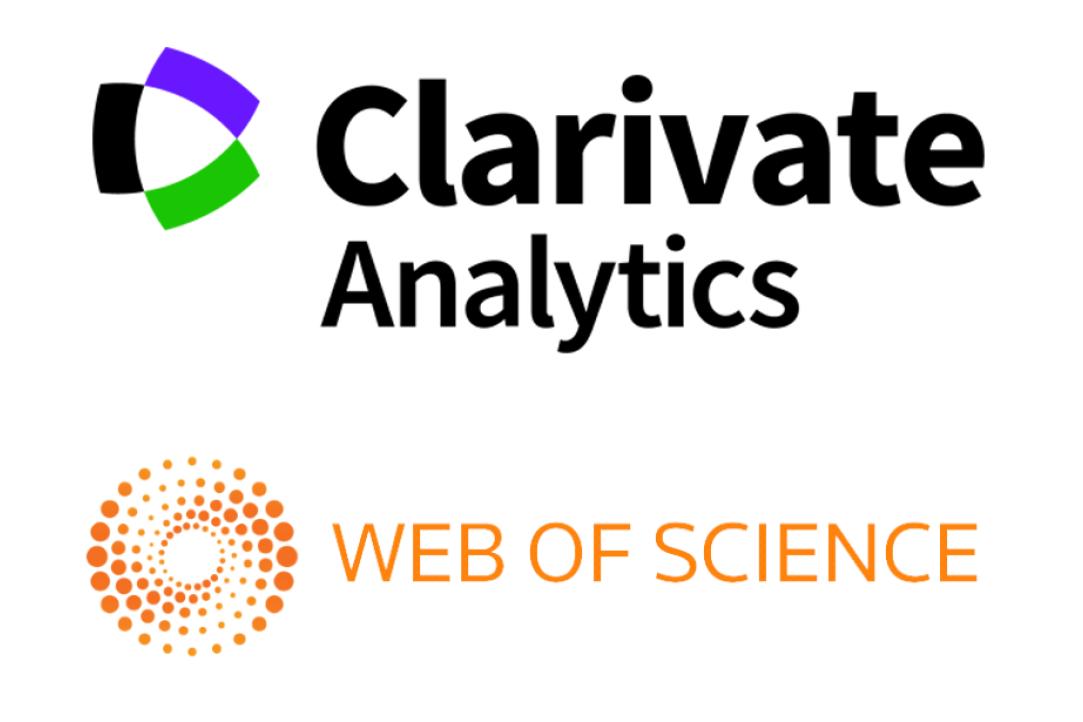Моделирование в исследовании дискурса о научном знании (социальная эпистемология как неклассическая)
Ключевые слова:
классическая эпистемология, социальная эпистемология, наука, знание, реализм, «сильная программа» в социологии знания, нормативизм, «контекстуальный эмпирицизм»Аннотация
Философские представления о структуре научного знания и его развитии претерпели за последнее время сильные изменения. Известно, что в философии последней четверти ХХ в. наряду с историческим и лингвистическим наметился социологический поворот. В связи с этим необходим анализ современных направлений неклассической эпистемологии, взятых динамически и раскрывающихся в их противостоянии с более ранним стилем мышления (классической эпистемологией). В статье строится умозрительная модель противостояния философских направлений: классической и социальной эпистемологий. Анализируется, как в эту умозрительную модель вписываются реальные концепции социальных эпистемологов как эмпирических индивидов (для примера взяты концепции таких социальных эпистемологов, как Д. Блур, Э. Голдман и Х. Лонжино).






